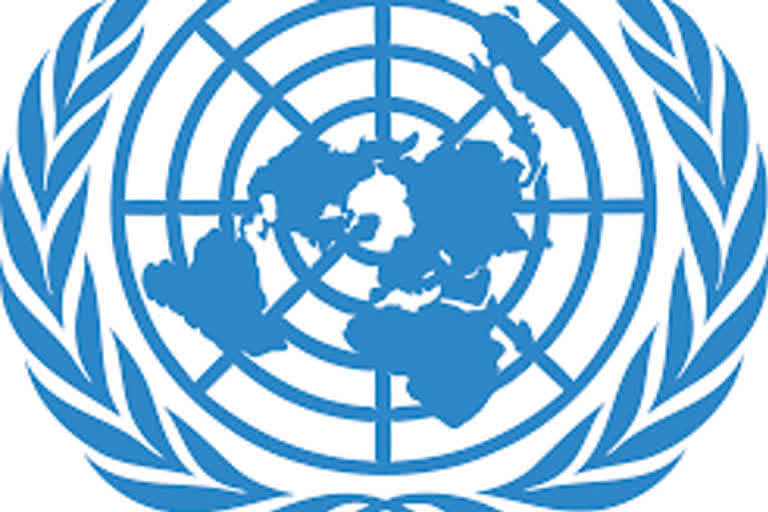United Nations: The second Sustainable Development Goals Moment (SDG Moment) of the Decade of Action will take place as a virtual, day-long event Monday prior to the opening of the 76th UN General Assembly's general debate.
The annual SDG Moment was created by the political declaration adopted at the first SDG Summit in 2019, which mandated the Secretary-General to convene the event as part of every high-level week of the UNGA from 2020 to 2030. The first SDG Moment was a virtual half-day event in September 2020 and brought together 21 heads of state and government.
The UN Secretary-General had then called on all sectors of society to mobilise for a decade of action on three levels: global action to secure greater leadership, more resources and smarter solutions for the SDGs; local action embedding the needed transitions in the policies, budgets, institutions and regulatory frameworks of governments, cities and local authorities; and people action, including by youth, civil society, the media, the private sector, unions, academia and other stakeholders, to generate an unstoppable movement pushing for the required transformations.
The SDGs are a blueprint for fighting poverty and hunger, confronting the climate crisis, achieving gender equality and much more, within the next 10 years. At a time of great uncertainty, the SDGs show the way forward to a strong recovery from COVID-19 and a better future for all on a safe and healthy planet.
The Covid-19 pandemic and its impact on all 17 SDGs has shown that what began as a health crisis has quickly become a human and socio-economic crisis. While the crisis is imperiling progress towards the SDGs, it also makes their achievement all the more urgent and necessary. It is essential that recent gains are protected as much as possible. A transformative recovery from Covid-19 should be pursued, one that addresses the crisis, reduces risks from future potential crises and relaunched the implementation efforts to deliver the 2030 Agenda and SDGs during the Decade of Action.
Also read:Localisation of SDGs imperative to achieve 2030 Agenda: India at UN
As the world is grappling with the Covid-19 pandemic and major challenges to progress across the 17 Sustainable Development Goals, the SDG Moment will seek to reinforce the continued relevance of the 2030 Agenda for Sustainable Development and build momentum in advance of major summits and intergovernmental meetings; highlight urgent actions needed to ensure Covid-19 response and recovery efforts are equitable, inclusive and accelerate the transition to sustainable development; and demonstrate that transformative change at scale is possible between now and 2030.
The UN Food Systems Summit will take place during the UN General Assembly session September 23. It will seek to set the stage for global food systems transformation to achieve the SDGs by 2030. The UN Secretary-General will convene the Food Systems Summit with the aim of maximising the co-benefits of a food systems approach across the entire 2030 Agenda and meeting the challenges of climate change. The Summit aims to provide a platform for ambitious new actions, innovative solutions, and plans to transform food systems and leverage these shifts to deliver progress across all of the SDGs.
It is envisioned that the Summit will have objectives and outcomes including to raise awareness of food systems' centrality to the entire sustainable development agenda, and the urgency of transforming food systems, particularly in the wake of a global pandemic; align stakeholders around a common understanding and narrative of a food system framework as a foundation for concerted action, making food and food systems a more widespread issue for advocacy and action to achieve the 2030 Agenda; recognise the need for inclusivity and innovation in food systems governance and action; motivate and empower stakeholders who support food systems transformation through the development of improved tools, measurement, and analysis; and catalyze, accelerate, and enlarge bold action for the transformation of food systems by all communities, including countries, cities, companies, civil society, citizens, and food producers.
